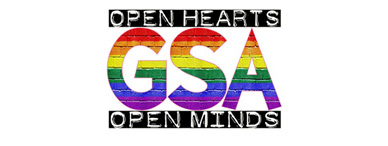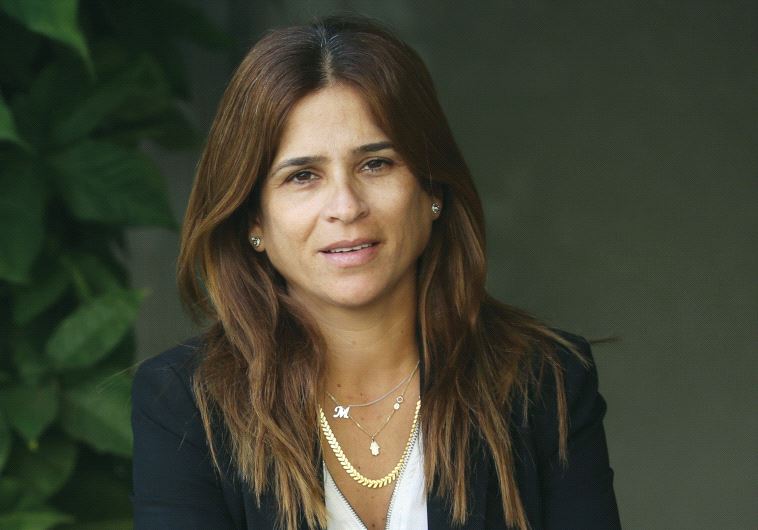It’s getting better, but discrimination against LGBT youth in US schools is still happening

Eight U.S. states have discriminatory “no promo homo” laws that restrict discussions of LGBT topics in schools. Those states are: Alabama, Arizona, Louisiana, Mississippi, Oklahoma, South Carolina, Texas, and Utah. The laws prevent LGBT students from learning about their health, history, and rights, and discourage teachers from talking about LGBT subjects, voicing support for LGBT students, or intervening when they see anti-LGBT bullying.
Nevertheless, students across the U.S. have formed gay-straight alliances for peer support — and under federal law, schools have to allow those groups to form just like any other noncurricular organization. But many students who attempted to form GSAs told us they were stonewalled by administrators, had difficulty finding faculty sponsors, or faced stringent requirements not enforced with other groups. In some instances, GSAs were allowed to organize but faced absurd regulations — like not being allowed to put the word “gay” on posters.
Progress is being made, but we can’t take it for granted. The wave of efforts earlier this year to restrict bathroom and locker room access for transgender youth demonstrated how stereotypes and prejudice can threaten the safety and well-being of LGBT young people. And since the election in November, the Southern Poverty Law Center has documented a spike in harassment, much of it in schools, targeting LGBT students, immigrants, and racial and religious minorities.
As lawmakers begin their work in January, they have the power to make things worse or better for LGBT youth. If they are serious about keeping all students safe, there are a number of steps they should take.
The Trump administration’s Justice and Education departments should preserve existing guidance that protects transgender students from discrimination in schools. Legislators at the federal and state levels should pass LGBT-inclusive safe schools legislation, repeal “no promo homo” laws, and enact employment protections for LGBT teachers. Locally, school boards and administrators should revamp antibullying and antidiscrimination policies to make them LGBT-inclusive, incorporate LGBT topics in school curricula, and train teachers and counselors to be resources for LGBT youth.
Ensuring that all youth feel safe at school and get a quality education shouldn’t be a partisan issue. We know what puts LGBT students at risk in schools. In January we will need the political will to address it.

